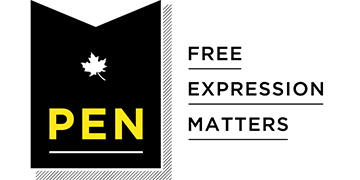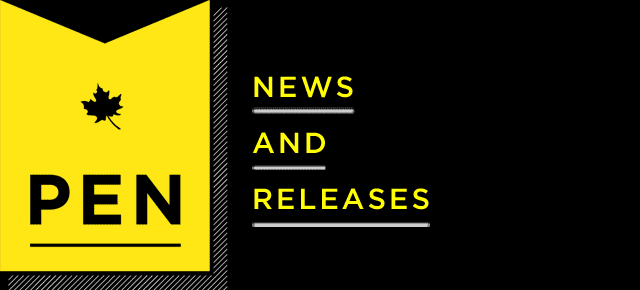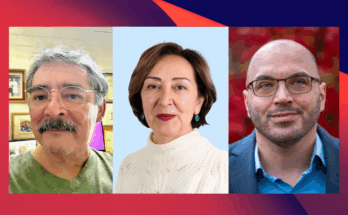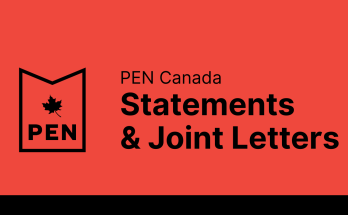John Ralston Saul is president emeritus of PEN International. His 14 books include The Collapse of Globalism and The Unconscious Civilization. This piece was adapted from opening remarks made at a Sept. 27 reading of Salman Rushdie’s work, organized by the Toronto International Festival of Authors, Penguin Random House Canada, the Writers Trust and PEN Canada.
Salman Rushdie, a fellow writer, remains in hospital, recovering from 10 wounds, each one of them intended to end his life.
Salman would be the first to remind us that this attack was not one of a kind. It was symptomatic of our time.
The pressure against free expression – sometimes subtle, sometimes violent – has been growing, everywhere, over the last two decades. For so many writers this era has been anything but free.
Libel chill. The courts being used to bankrupt writers and publishers. Prison cells. Torture. Assassination attempts. Assassination itself.
We in the West are quick to assert that all of this is happening somewhere else far away, in places less democratic, more autocratic, dictatorial.
Yet the preaching of legal and physical violence against those who use words to free the imagination – to encourage doubt, debate, change – has been almost normalized, as if it were a sign of intellectual vibrancy. As if literature were not a civilizational concept, but merely a political tool of the enemy.
Yes, novelists, journalists, playwrights, poets, essayists, filmmakers have always sailed close to the wind. Literature is about risk, not comfort.
In many places today, the target is journalists, including Mexico, our close partner, which is in the midst of its deadliest year on record for reporters. In others, it is poets.
Our reality is this: Writing remains the most dangerous profession. In many places, it is much more dangerous than military life.
This gathering is organized by PEN Canada – one of the 150 PEN centres around the world. Since the beginning of the fatwa against Salman Rushdie 33 years ago, PEN Canada has been at the forefront of his defence. Some of you will remember the night of Dec. 7, 1992, when a small group of us, under the leadership of Louise Dennys, brought Salman secretly to Toronto – it couldn’t have happened any other way – to put him suddenly on the Winter Garden Theatre stage at that year’s PEN benefit. A thousand people rose to their feet in astonishment and in support, including the premier at the time, Bob Rae.
We then took him to Ottawa to brief the foreign minister and, most importantly, to be seen with her. After that, it was on to testify before the foreign affairs committee.
It was the first time since the fatwa began that he was received publicly at such levels. This led to Canada taking his case – as a victim of international terrorism – to the United Nations. All of which changed the trajectory of his threatened life.
The threat was great, but he needed to be seen and heard. It was a matter of life and rule of law.
But Salman would want me to insist that his case is only one among many around the world. He himself has never hesitated to speak up in defence of other writers.
Why? Because the people of the word are everywhere sued, beaten up, imprisoned, tortured, murdered.
In my years as the international president of PEN, a small group of us travelled constantly from country to country, negotiating, pressuring and, if necessary, embarrassing those in power, trying to stop executions and torture and attempting to get writers out of prison. We were continually fighting small battles over their rights to medications, decent food, blankets, family visits.
The indifference of those in power to freedom of expression was depressing. Their indifference to the imprisonment, torture and murder of writers was a frightening revelation.
Salman would not want us to focus on his case in a mournful manner. Free expression is a fragile force. He would expect us to embrace it, to imbue it with great strength, so that everyday, when each of us, each of you, wakes up and leaves our home, we carry free speech with us and we defend it.
No matter how small or large the cause, we make it part of our everyday life.




